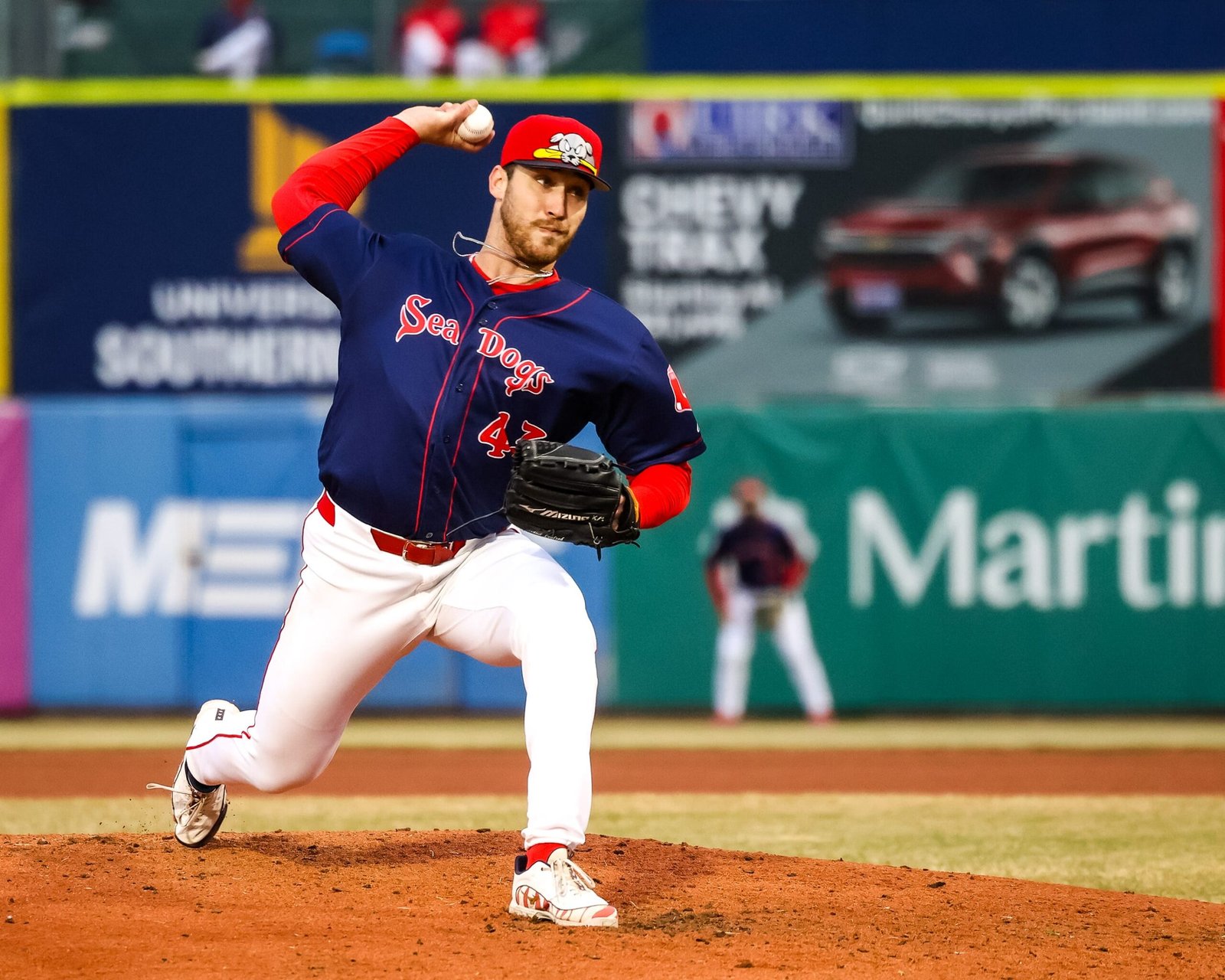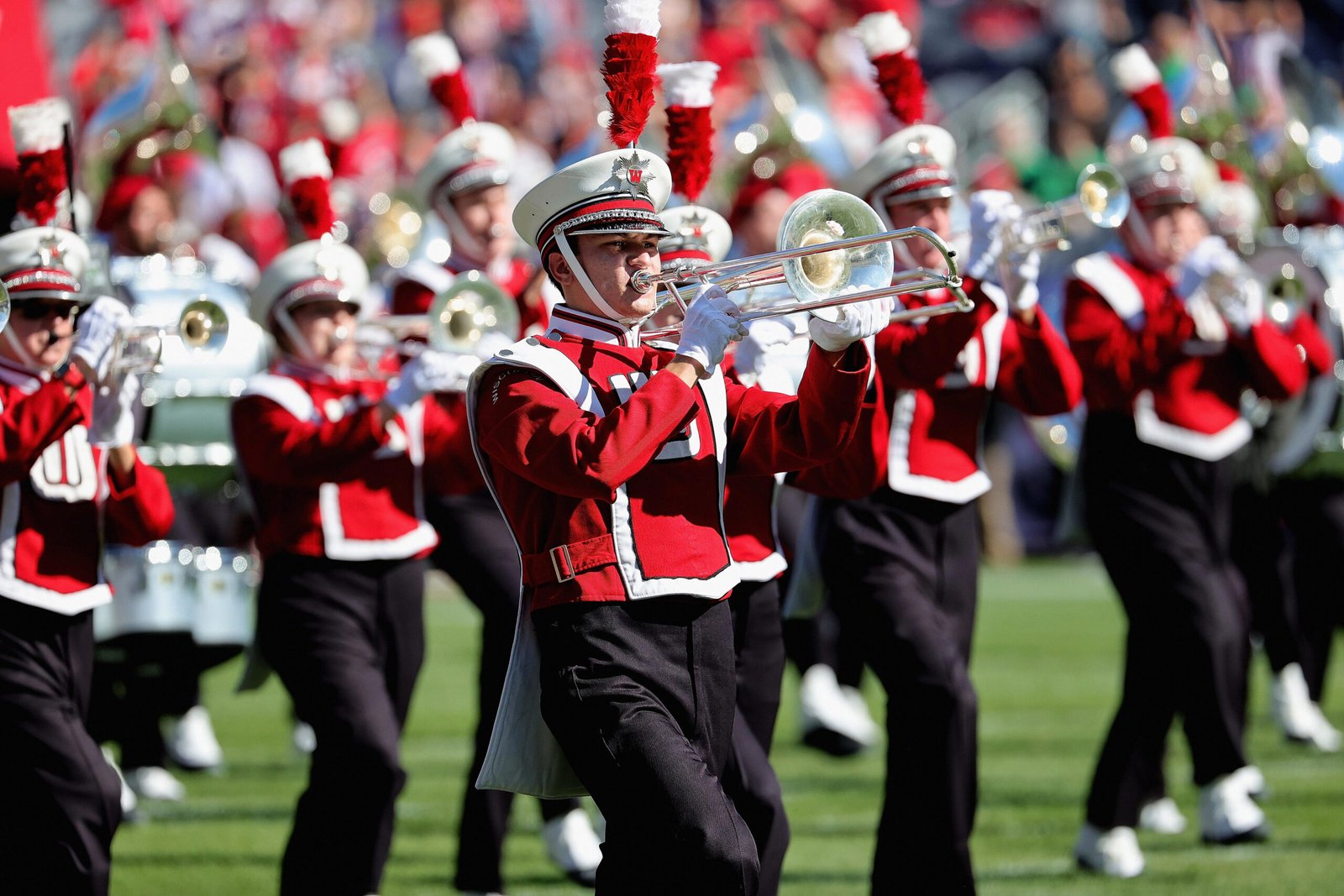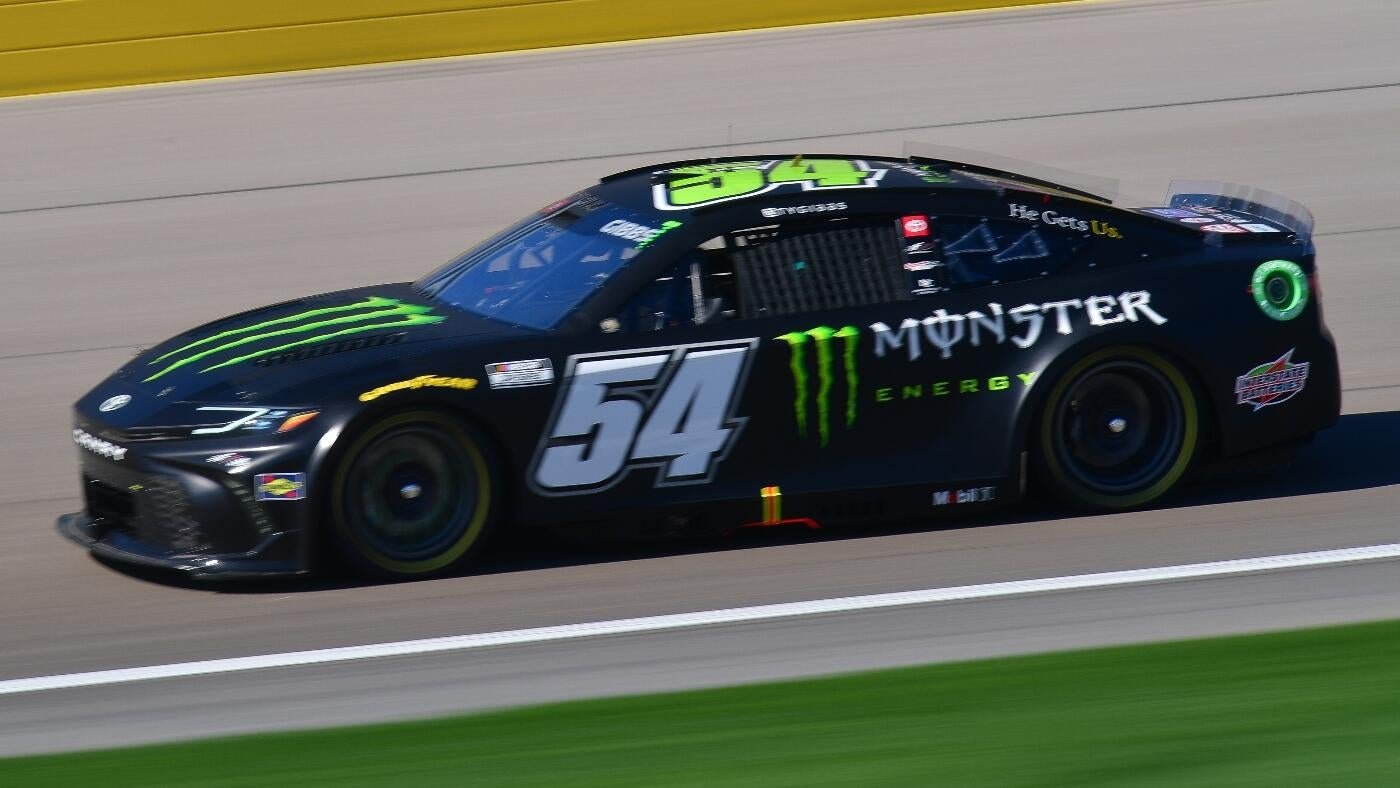
NBA’s Bright Stars Who Left Too Soon: Players Who Never Reached Their Potential
In NBA history, there are many “what if” stories about talented players who couldn’t reach their full potential for various reasons. Among the most heartbreaking cases are those who, despite their incredible skills on the court, passed away before or during their prime. Here’s a look at some of the most gifted basketball players who tragically faced this fate.
Drazen Petrovic († 1993)
Drazen Petrovic
made a life-changing decision after the Croatian national team’s EuroBasket qualifying tournament
on June 6, 1993
. Instead of returning with his teammates, the talented shooting guard chose to drive to Zagreb, Croatia, with his new girlfriend and her friend.
During the trio’s journey along a rainy Bavarian autobahn, tragedy struck when a truck crashed through the guardrail and collided with their car. Sadly, Petrovic,
not wearing a seatbelt
, lost his life instantly.
At 28, when the accident occurred, “Petro” — already a notable figure in European basketball — was gaining recognition in the U.S. too. A 1991 trade to the
New Jersey Nets
had unlocked the Croatian’s remarkable potential, as he averaged over 20 points per game, shooting nearly 50% from the field and 45% from three-point range in his final and best
NBA season.
Had “The Mozart of Basketball” maintained that level of play, he could have become a major European star in the league during the mid-90s, but tragically, that opportunity was lost.
Malik Sealy († 2000)
Malik Sealy’s
life, much like Petrovic’s, was tragically cut short in a car accident. This heartbreaking event occurred in the early hours of May 20, 2000. At the time, “Silk” was driving home from his
Minnesota Timberwolves
teammate Kevin Garnett’s then-24th birthday party when his vehicle was tragically struck by a pickup truck driving the wrong way on the highway.
In the preceding
1999-2000 NBA season
, Sealy’s eighth in the league, he was a key player for the T-Wolves. “Silk” started 61 of 82 regular-season games, averaging 11.3 points, 2.4 assists, and 4.3 rebounds per game.
The then-30-year-old guard-forward had played for three different teams since being drafted in 1992 and consistently proved his value with his versatility and ability to contribute. Tragically, “Silk’s” life was cut short by the
reckless actions of a drunk driver.
Bobby Phills († 2000)
While Petrovic and Sealy seemed to have no control over their tragic car accidents (aside from both reportedly not wearing seatbelts), the same cannot be said for
Bobby Phills
.
On January 12, 2000, Phills was driving behind his fast-paced teammate David Wesley from the
Charlotte Hornets
. Bobby suddenly swerved into oncoming traffic and collided head-on with another vehicle at 100 mph. His and Wesley’s driving was later
described
as
“erratic, reckless, careless, negligent, or aggressive.”
At the time of the fatal accident, shooting guard Phills was 30. During his nine-year NBA career, he had built a strong reputation as a defensive specialist,
averaging 1.9 steals
per game. The 1996 All-Defensive Second Team member also had excellent three-point shooting ability. With that skillset, he was likely an attractive option for many contending teams; however, a move was never destined to be.
Related: “When I first came here, I said no way, but every year I tend to stick around” – Larry Bird on how his mind changed over time about living in Boston
Len Bias († 1986)
Drug abuse is a painful reality not just in everyday life but also in the world of basketball, and
Len Bias
likely stands out as one of the most heartbreaking examples.
Once viewed as a major talent and potential rival to Michael Jordan, “Frosty” was expected to be a cornerstone for the
Boston Celtics
. However, everything changed on June 19, 1986, during a fateful night at his former college in Maryland.
Bias, then 22 years old, had returned to his dorm two days after being drafted second overall in that year’s NBA Draft to celebrate with friends, using alcohol and cocaine. By morning, the promising small forward felt unwell. Before the ambulance arrived, his condition worsened, and hours later, he was pronounced dead from a
cocaine overdose and cardiac arrhythmia.
Before this tragedy, the two-time ACC Player of the Year had everyone excited about his jumping ability, athleticism, and basketball IQ. Sadly, these talents never got to shine in the NBA, making Bias arguably the most talented player who never played professionally.
Reggie Lewis († 1993)
As if Celtics fans hadn’t already faced enough tragedy with Bias’s death, another player in their history,
Reggie Lewis
, met a similarly tragic fate.
In the 1993 postseason opener against the Charlotte Hornets, “Truck,” leading the team as captain for the first time in a playoff game, collapsed during a fast break. Although he was cleared of heart issues after “The Fall,” he tragically collapsed again on July 27, 1993, during an off-season practice. Despite attempts to revive him, the Maryland native died from
hypertrophic cardiomyopathy.
Just over a year before his passing, Lewis, who died at age 27, had earned his first All-Star selection,
averaging
an impressive nearly 21 points and close to 5 rebounds per game. The former number 35, whose jersey number has since been retired by the Boston franchise in his honor, certainly seemed poised for even greater achievements, but sadly that was never to be.
Hank Gathers († 1990)
In 1989,
Hank Gathers
, a junior at Loyola Marymount, made history by becoming only the second player in NCAA Division I to lead the nation in both scoring and rebounding in the same season. This remarkable feat highlighted his incredible potential, as he averaged an impressive 23.3 points and 9.6 rebounds
throughout his college career.
Tragically, Gathers’ body seemed to struggle to keep pace with his extraordinary talent. Early in his 1989–90 senior year, the young power forward was diagnosed with an irregular heartbeat after collapsing during a game, which led to him being placed on medication.
This medication, he felt, had negative effects on his athletic performance, and Hank ultimately chose not to take it before his untimely death on March 4, 1990. On that day, while playing in the semifinals of the WCC tournament, the then-23-year-old collapsed for the second time that season due to a heart muscle disorder and eventually died.
It was later revealed
that Gathers had not taken his prescribed medication for at least eight hours before his death.
Other players who also passed away in or before their prime but were not included in the list include Jason Collier († 2005), Wendell Ladner († 1975), Terry Furlow († 1980), Ricky Berry († 1987), and Bryce Dejean-Jones († 2016).
Related: “I don’t think I should defend myself anymore, I’m done with that in my life” – Allen Iverson on why he’s had enough trying to defend his public image
Share this content:





















Post Comment